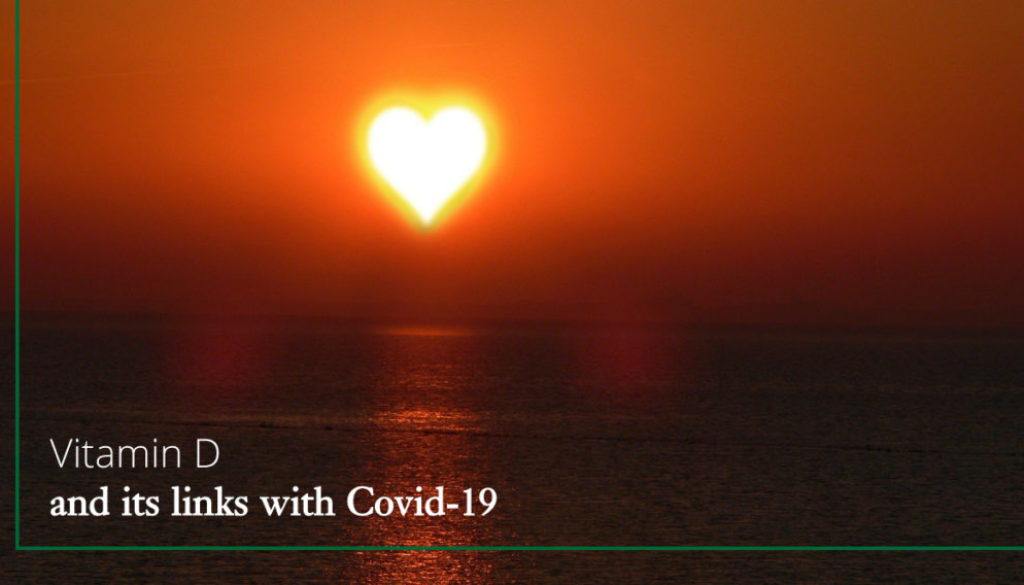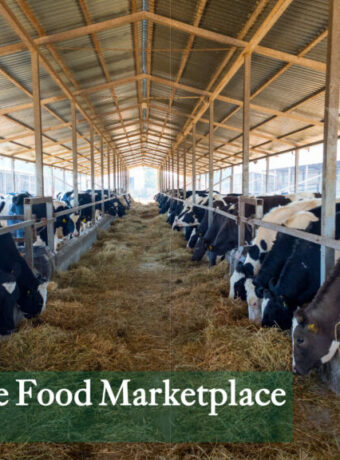Vitamin D and Its Link with Covid-19
Earlier this year we released an article called The Vital Role of Nutrition During & After Covid-19. In it we eluded to the importance of Vitamin D for our immune system and its possible link to susceptibility to Covid-19, and other repertory viruses. We can now expand upon this due to retrospective studies carried out on patients who tested for Covid-19 and those who were admitted to hospital.
It is now suggested that Vitamin D (in particular Vitamin D3) supplementation could help reduce the chances of infection and mortality rate.
What the Studies Say
In a Cohort study that involved 9940 men and women, a team of researchers from Germany Cancer Research Centre assessed the link between Vitamin D deficiency and mortality from respiratory diseases[1]. The patients studied were between 50-75 years and all from Germany.
They found that 44% had insufficient vitamin D levels (25-hydroxyvitamin D blood levels of 30-50 nmol/L), and compared to those with a sufficient status the deficient had increased respiratory mortality. Overall 41% of respiratory disease mortality was statistically attributable to vitamin D insufficiency or deficiency…
So, it is no surprise that a recent retrospective study by the University of Chicago Medicine found an association between vitamin D deficiency and the likelihood of becoming infected with Covid-19.[2]
The Chicago based research team looked at 489 UChicago Medicine patients whose vitamin D levels had been tested less than 1 year before being tested for Covid-19. They found that those who had previously shown vitamin D deficiency that was not treated (through supplementation or diet change for example) were almost twice as likely to test positive for the Covid-19 coronavirus compared to patients who had sufficient vitamin D levels.
The Benefits of Vitamin D in The UK
It is already advised that 10micrograms (400iu) of vitamin D supplements are taken by everyone, every day. This is because it can be difficult to get sufficient Vitamin D from our diets. Also, in the UK, getting enough sunshine exposure is difficult, especially for individuals in care settings.
These recent completed studies give further power and importance to this advice and will likely become widespread in the discussion of how to handle the pandemic over the coming months. The need for supplementation and the benefits will become an increasingly important treatment as the body of evidence increases.
It is important to note that it is not being suggested that vitamin D is a treatment or offers any guaranteed immunity. However, in the fight to create better personal immune defence, it is certainly an important addition and consideration.
Sources of Vitamin D
Good dietary sources of vitamin D are:
- Oily fish
- Red meat
- Liver
- Eggs
- Some breakfast cereals and margarine are fortified with vitamin D.
It is also advised that we spend time outdoors, as sunlight is our main source of vitamin D3, but this must be done safely (avoid over exposure and burning).
The Concluding Point
A wide and varied diet is an important factor to consider for everyone but especially for residents in care. All nutrients play their part in promoting health and wellbeing. These 2 studies highlight the importance of Vitamin D and how powerful the detrimental effect can be for those who have low levels. Diet plays an important role in maintaining vitamin D levels but exposure to sunlight and suitable supplementation will ensure that optimum levels are reached and maintained.
[1]Brenner, H, Holleczek, B and Schottker, B. (2020) Vitamin D Insufficiency and Deficiency and Mortality from Respiratory diseases in a Cohort of Older Adults: Potential for limiting the Death Toll during and beyond the COVID-19 Pandemic? Nutrients: 12, 2488 https://www.mdpi.com/2072-6643/12/8/2488/htm
[2] Meltzer, D.O, Best, T.J, Zhang, H Vokes, T, Arora, V, Solway, J. Association of Vitamin D Status and Other Clinical Characteristics With COVID-19 Test Results. JAMA Network Open, 2020; 3 (9): e2019722 DOI: 10.1001/jamanetworkopen.2020.19722




